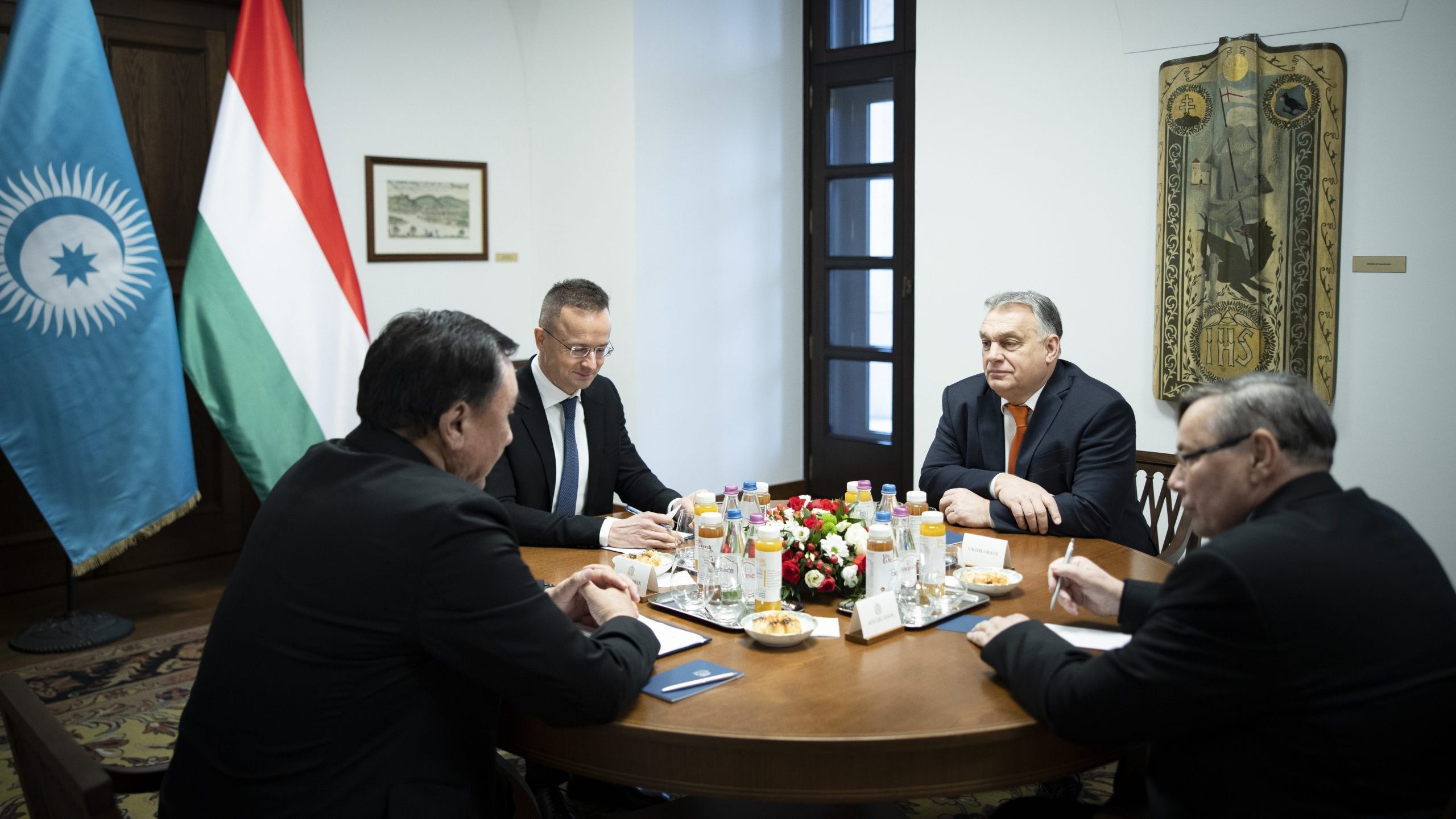
According to the Prime Minister’s expectation, the agenda of the summit will most definitely include – whether formally or informally – the decision adopted in the summer about setting up a major recovery fund, in addition to the normal seven-year budget, which would serve to help European economies in trouble. There are keen debates regarding the implementation of this plan, and there are some who want to tie this to issues of the rule of law, he indicated.
At the same time, the position of the Hungarian government is that “at this time, there is a crisis in Europe, we must now address this crisis, and the fund must be made available to countries within the shortest possible time, meaning that the speed of this process cannot be slowed down with debates on the rule of law,” Mr Orbán said.
He therefore described intentions to connect together issues of the rule of law and the budget as ill-scheduled and ill-timed.
If debates were nonetheless to prevent, he continued, the launch of the operation of the Next Generation EU fund within the present framework, European countries will still have the opportunity to set up this fund on an intergovernmental basis, outside the institutions of the EU, based on intergovernmental agreements. This is one way to relieve the process of cumbersome debates, and to swiftly make funds available to the countries in need, he explained.
He also said, according to plans, the agenda of the summit will feature primarily foreign policy issues, including relations with Turkey, the issue of long-term relations with China, and the EU response to the situation in Belarus. Regarding the latter, the Visegrád Four (Hungary, Poland, Czech Republic and Slovakia) have an independent initiative; they would like to offer Belarus a kind of Marshall Plan, he recalled.
“I have not yet received an answer, but I’m setting out for Brussels shortly, and there, I will evidently get one,” the Prime Minister said regarding the fact that a few days ago he contacted President of the European Commission Ursula von der Leyen in a message in which he informed her that due to her comments insulting Hungary and the Hungarian people, he will suspend bilateral political relations with Vice President Vera Jourová, and that in his view, the EU Commissioner’s resignation is indispensable.
Talking to MTI, Mr Orbán stressed that the Hungarian position continues to remain unchanged; members of the European Commission, including Vera Jourová must be impartial and objective according to the laws. This means that she cannot speak disrespectfully about any country or the citizens of any country. “Not a single official of the European Union can speak to the citizens of Hungary disrespectfully,” he stated.
The Prime Minister highlighted that double standards should be avoided because if the commissioner had struck such a tone with and had spoken in such disrespectful terms about the Germans or the French, “we can rest assured that she would not have remained in her office for a minute longer” because the Germans and the French would not have tolerated that. And if this is no way to talk to the French or the Germans, neither is it possible to talk to the Hungarians in such disrespectful terms, and “on this position we continue to insist,” he stressed.
